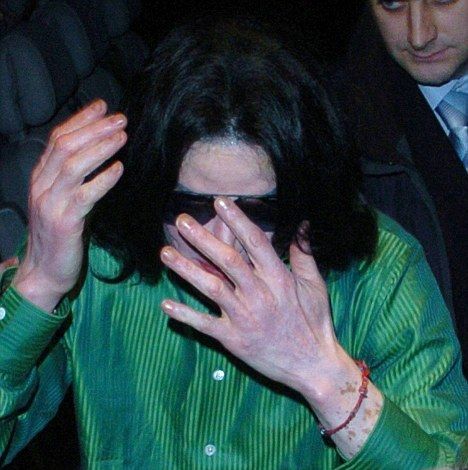瑞典研究会对学术骗子做出惩罚措施
|
Barred for up to ten years from receiving research grants(研究基金) from the Swedish Research Council. There will be serious consequences for the few researchers who are guilty of plagiarism(剽窃) , falsification(伪造,歪曲) , or inventing results. "We need to be able to rely on research findings," says Pär Omling, Director General of the Swedish Research Council. The Swedish Research Council has made a decision about how it should deal with researchers who are found to have committed research fraud. Any researcher who has been vetted(审查,诊疗) by a panel of experts within the Central Ethical Review Board at the behest of(在……命令下) the institution of higher learning and is deemed to have deviated from(偏离,脱离) good academic practice or to be academically fraudulent(欺骗性的) will be barred for a period from the possibility of applying for grants from the Swedish Research Council. Furthermore, disbursement(支出,支付) of already granted funding will be terminated. "It is absolutely vital for us to be able to trust that research findings are based on knowledge that the researchers themselves have generated and that can be scientifically verified. Cheaters undermine our trust not only in themselves but in all research," says Swedish Research Council Director General Pär Omling, "which is why we want to take such a strong stand on the issue." A research who commits fraud can be barred for two to ten years. Two years for deviating from good research practice. If this deviation is serious the researcher will be barred for five years. For egregious(惊人的,过分的) deviation from good research practice the researcher will be blacklisted for ten years. "Of course, this pertains(属于,关于) only to a tiny number of individuals," says Pär Omling. "But with these regulations we nevertheless want to make it perfectly clear how we view research fraud. The tax moneys we allocate to(分配,分派) research must not go to individuals who have betrayed our trust." The new regulations apply only to researchers who have been vetted within the framework of the Swedish Research Council's or the Central Ethical Review Board's fraud investigations and have been found to have committed fraud. Researchers who have been the subject of some form of disciplinary measure or the like following investigation by a single institution and researchers who are "generally suspected" of having deviated from good academic practice are not affected. Also, the individual to be barred will only be the lead applicant in funded projects. Decisions regarding any other types of consequences will be in the hands of the researcher's employer. |








